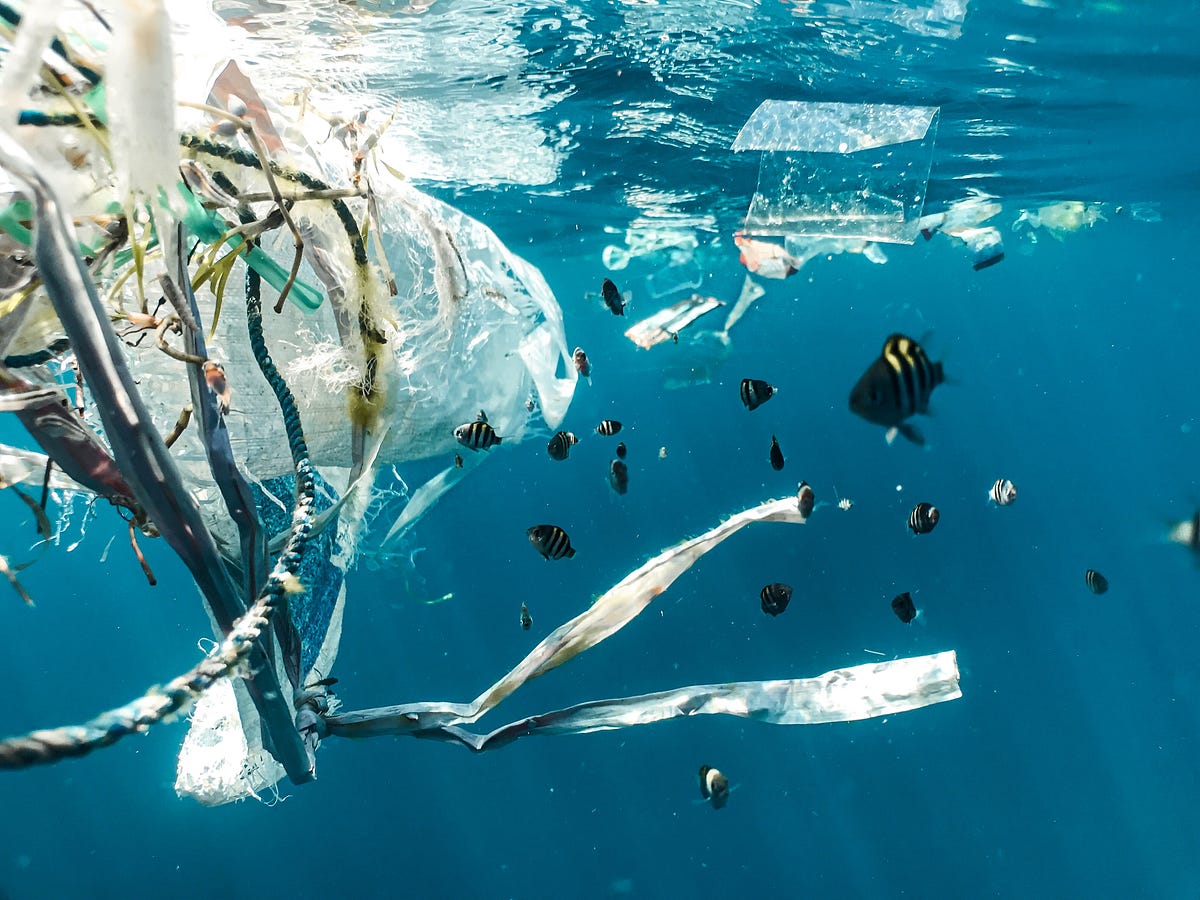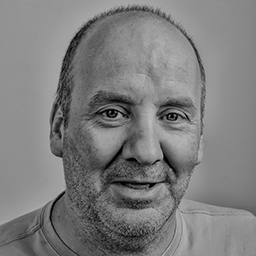Alarmed by the environmental and human health impacts of plastic use and appalled by the disposability culture in schools, Heather Itzla and Nikki Kozlowski started Wisdom Supply Company in 2017 to tackle the plastic waste crisis.
Initially, Wisdom worked directly with schools to provide zero-waste supplies in bulk — including binders, planners, notebooks, and other tools — and sold to individual consumers through its website. During the COVID-19 pandemic, the founders shifted to online sales only, using Facebook advertising to move more product than they’d thought possible.
By early 2023, though, Itzla and Kozlowski realized they weren’t moving the needle on waste and decided to refocus on their mission of ending school-related plastic waste by building sustainable habits among students in classrooms. They determined that converting to a nonprofit model would make it easier to build relationships with schools and cut Wisdom’s operations costs.
The challenge: fitting the model to the mission
“Wisdom’s potential for impact is greatest in an in-person classroom environment, so working with schools is essential to our model,” Itzla says. “We want to reach students while they’re young and totally reframe how they think about consumption and waste.”
When schools reopened, Itzla and Kozlowski began rebuilding relationships with schools, but they faced increasing pushback.
“Our products are well designed and expensive,” Itzla explains. “When we’d come in as a for-profit company, even though we were B Corporation, many schools thought we were rich. They asked us to lower our prices beyond what we could bear. It’s easier for schools to trust a nonprofit.”
Changing the fundamental structure of the business, though, is a complex process with short-term net-income consequences. Wisdom needed transition funding to make the switch.
RSF’s solution: integrated capital
RSF provided initial funding — a recoverable grant — through its Women’s Capital Collaborative. This funding prepares Wisdom for a loan from the RSF Social Investment Fund by giving the enterprise much-needed padding as it ramps down individual “anytime” online sales and transitions to a seasonal pre-order model timed to the school year. The new model will allow Wisdom to cut costs — operating a year-round fulfillment center, providing customer service to individuals, and advertising are expensive — and work directly with classrooms again.
RSF provides Wisdom with patient capital, unlike the high-interest merchant cash advance loans it has depended on in the past. But even more valuable than the money is RSF’s personal touch, Itzla says. “Working with RSF gave us what we had lacked for so long: connection with a real person who cares about our mission and isn’t just an account head who is going to run our numbers past someone else. They are fully invested in our idea. They understand why it’s important to eliminate plastic waste in schools and want us to succeed.”
Results: building habits for a more sustainable future
When Wisdom re-launches as a nonprofit in 2025, it plans to start small, building relationships one classroom at a time. Itzla and Kozlowski will provide all the supplies each classroom needs for the school year and divide the cost evenly among parents by classroom.
Parents will save both time (they won’t have to do the shopping themselves) and money (buying in bulk reduces costs). Schools will eliminate massive amounts of waste and teachers can weave sustainability into their curriculum in a holistic way.
Itzla and Kozlowski measure Wisdom’s impact by students’ habits in the classrooms. “Our experience engaging with classrooms before the pandemic taught us that it’s like flipping a switch in students’ brains,” Itzla explains. “When it becomes second nature for a kid to mix their own paste instead of grabbing a disposable glue stick, that’s impact in action. And it doesn’t come from an Earth Day assembly or a parent’s individual purchase.”
Wisdom’s impact won’t stop there: After re-entering schools, Itzla and Kozlowski plan to expand to office buildings. Itzla says none of this would be possible without RSF’s help.
“By believing in our mission and methodology and working closely with us to realize this vision, RSF is helping to create a new generation of environmentally conscientious students who will carry these habits with them as they grow up, start families of their own, and build the future.”
Publisher: Source link






